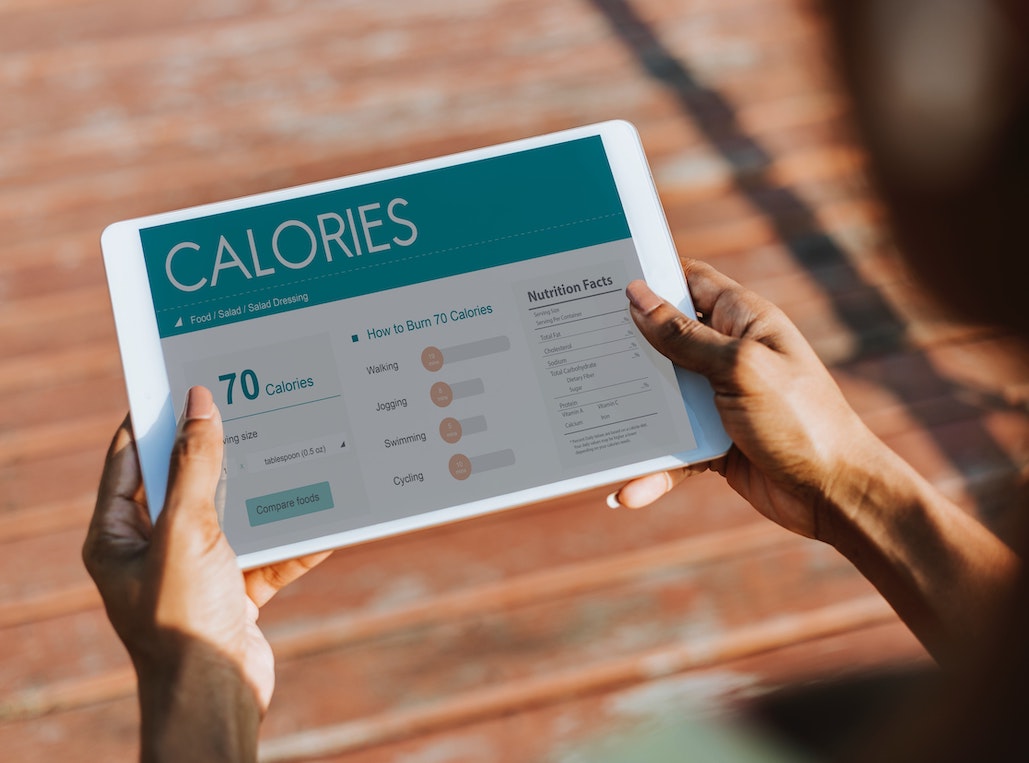4 Mins Read
In his third Green Queen column, plant-based fitness & nutrition expert Paul Sandburg takes one of the wellness world’s new obsessions: prolonged fasting. Find out everything you need to know to get started.
No, this isn’t another article about intermittent fasting. Intermittent fasting is so 2015. If you aren’t already doing at least a 12 hour overnight fast then go ahead and start today and enjoy the benefits of reduction in body fat, better insulin resistance, reduced inflammation, etc.
But it’s 2019 and it’s time to talk about 24-hour fasting. There are many reasons to consider fasting for 24+ hours, also known as prolonged fasting, and a big one is autophagy (scroll down to find out what this means). In fact, as far back as 419 bc, Hippocrates was one of the first physicians documented to use fasting to allow the body to heal itself. Today, some naturopathic doctors are even recommending prolonged fasting to their patients as a way to fight against various chronic diseases. Interested in trying a 24 hour fast? Below I go through everything you need to know before you start.
1. Yay For Autophagy aka Cell Cleaning
24-hour fasting really works. How? Autophagy, the body’s natural, regulated cell mechanism that gets rid of unnecessary/dysfunctional components. With autophagy your body gets rid of dysfunctional cells (like cancer cells) and creates new ones. A 2010 study about autophagy showed that it occurs within the first 24 to 48 hours of prolonged fasting. Another 2018 article by MIT explained that the regeneration of stem cells in the intestines occurs within 24 hours of fasting. It is clear that we can remove cellular garbage when we take a break from eating for a prolonged period (meaning more than a few hours in between meals).
2. Timing Is Key: Set Yourself Up For Success
Starting a fast after dinner seems to work well for a lot of folks. It is nice to be able to eat a normal dinner, then fast overnight and through the next day until dinner time, which gets you to 24 hours. When you wake up the next morning, you’ve already got quite a few hours of fasting done and dusted, so the remaining hours don’t feel so daunting.
I suggest eating at about 6pm, then going to bed fairly early, like before 9pm. The night before you fast is an ideal time to catch up on your sleep and allow plenty of time in bed.
3. Hydration is Key: More Water, Please
I have noticed that on fasting days, I probably drink at least 3 additional glasses of water per day as compared to a regular, non-fasting day. Your body is working hard on the autophagy process, so it makes sense that it needs more fluids to remain hydrated. Drink as much water as you can then more when you are thirsty, hungry, or tired.
4. Is Coffee Okay? Kind Of.
Should you drink coffee during your fast? Depends on who you ask. It’s actually quite a heavily debated topic.
Dr. Rhonda Patrick says that drinking black coffee breaks the fast because it contains caffeine which affects our brain, gut, liver, etc., all of which affects your biorhythm clock.
Wellness expert Ben Greenfield, on the other hand, believes that black coffee can actually enhance your fast by increasing fatty acid mobilisation and improving metabolism.
My take? I think it’s best to go for water only and get the maximum cellular autophagy benefits of the fasting process. However, if you can’t live without coffee, just make sure it’s black.
5. Humans Are Made To Fast
It’s well known that our bodies thrive when take a break from digestion, a process that takes a great deal of energy and resources out of us (that’s why some of us feel tired after a big meal), but in 2019, many of us don’t have to work very hard or wait very long to get our food. In fact, most of the time, we’re overfed and over-served, which leads to over-eating, but that’s a topic for another time.
Every time we eat, we get a fresh 14 hour-store of glycogen in our liver. According to a 2018 study in Nature Reviews Neuroscience, humans evolved to operate optimally in a fasted state, allowing our body to changing fuel sources to fat when we run out of glycogen. You need to fast to enable that. The study also mentions that fasting can enable cellular adaptations, which improve the brain’s overall function and resistance to stressors.
Lead image courtesy of Pexels.




